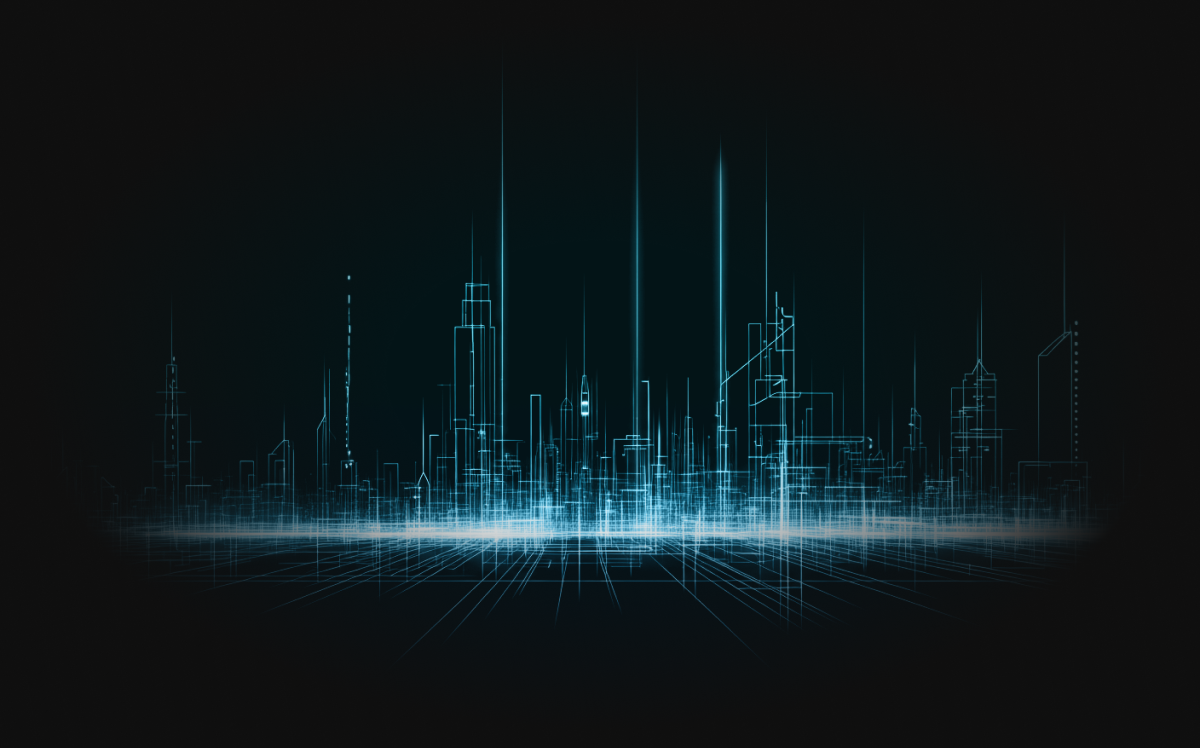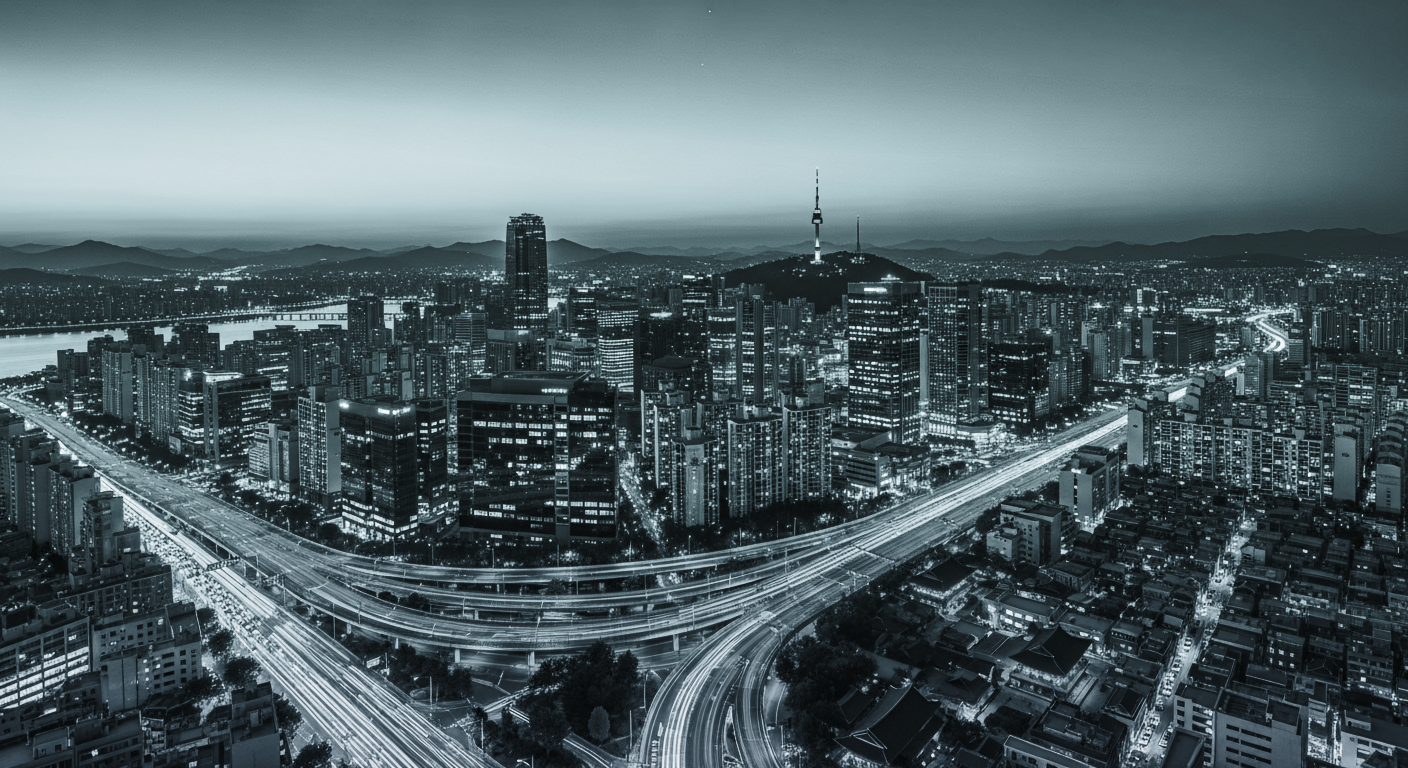
City problems often spark the beginnings of new products. This is not just a marketing phrase but a way to describe how a city’s geography and social context can lead to innovation. When unique challenges in a specific place meet the urgent needs of its people, they give rise to products that could not have been created anywhere else. Much like living organisms adapt to their environment, products reflect the characteristics of the cities in which they are born.
Take Copenhagen, often called a hub for bicycle startups. Its flat terrain, bike-friendly urban planning, and environmentally conscious civic culture have made cycling a central part of daily life. In a city where commuting, shopping, and leisure are all connected to bicycles, people naturally wanted better bikes, smarter accessories, and safer bike-sharing systems. This demand has fueled the growth of innovative companies such as Mate Bike.
Tokyo offers another compelling example. MUJI emerged here in the 1980s, shaped by a reaction against brand excess during the bubble economy, the modular design needs of small living spaces, a longing for calm in contrast to Shibuya and Shinjuku’s neon lights, and a unique urban structure that allowed experimentation across diverse retail districts from Harajuku to Ginza. These factors combined to produce MUJI’s paradoxical “no brand” identity and minimalist design philosophy.
Geography and social context can become embedded in a product’s DNA, producing solutions that only that city could create.
Seoul is one of the most densely populated cities in the world. Within 605 km² live 9.6 million people, a density of 15,846 per km²—about 2.4 times that of New York. Each person is constantly producing and consuming vast amounts of information. Combined with world-class internet speeds, a smartphone penetration rate of 95%, and a “quick, quick” culture, Seoul has become an information-saturated society.
On a subway ride, the average commuter is exposed to seven or eight advertisements. On their phone, endless notifications appear. The average Seoul resident spends 5.2 hours a day on their smartphone and receives 127 notifications from apps like KakaoTalk, Instagram, YouTube, and news feeds. Our brains are fatigued from continuously sorting and processing information. This is the reality of the city’s “visual noise.”

Paradoxically, this challenge makes Seoul a powerful testbed for global trends. Products and services that succeed in such a fast-moving, complex environment have a high chance of succeeding elsewhere. This is one reason K-pop, K-beauty, fashion, and webtoons have spread worldwide.
Arch Calendar was born in this environment in 2022, created to meet the urgent need of Seoul to find simplicity within complexity and stillness within visual noise.
While most calendar apps aim to offer more colors, more options, more integrations, Arch Calendar took the opposite approach. It combines just three core tools - to-do list, notes and calendar - into a single interface, allowing users to focus on what truly matters.
This is not minimalism for its own sake. It directly addresses the cognitive fatigue faced by people living in an information-heavy city like Seoul. That is why Arch Calendar emphasizes the experience of “organizing,” helping users clear their mental space.
In geography, “sense of place” describes how a location’s unique characteristics shape the identity and behavior of its people. Arch Calendar is a product shaped by Seoul’s sense of place.
Seoul’s compressed spaces make efficiency a condition for survival. The culture of speed, captured by the phrase “quick, quick,” demands rapid decision-making and concise communication. Its top-tier internet and high smartphone adoption create an always-connected environment, fueling quick adoption and spread of new trends.
Together, these factors have heightened the need to organize and condense information, ultimately leading to the creation of Arch Calendar.
From a cultural perspective, cities and products evolve together. A city gives rise to products, and those products can reshape the city in return. This is more than technological progress—it is a social and cultural process.
Such interaction forms a feedback loop. First, urban problems inspire a product. Next, the product changes how citizens behave. Then, those behaviors reshape the city’s culture. Finally, the new culture creates fresh product needs.
In Copenhagen, cycling culture reshaped lifestyles and environmental awareness. Apps that support biking further increased bicycle use, leading to more bike-friendly infrastructure and stimulating further innovation in cycling technology. In Tokyo, MUJI spread the philosophy of minimal living worldwide. Similarly, Arch Calendar is more than an app.
As organization-focused apps spread, they change people’s patterns of information consumption, increasing demand for cleaner, more intuitive digital services. Arch Calendar’s focus on the “organizing experience” helps people prioritize what truly matters, freeing them from visual noise. This is not only about productivity. It’s about improving quality of life.
Why was Arch Calendar born in Seoul?
First, the intensity of the problem. Only a city experiencing information overload and visual noise at an extreme level could produce a truly refined solution. The more urgent the need, the sharper the solution. A product proven in the toughest environment will perform well elsewhere.
Second, the speed of experimentation and validation. Seoul’s rapid trend cycles and demanding users push products to improve quickly. Thousands of users provide feedback each day, which can immediately inform updates, making the city a powerful testing ground.
Every product carries traces of the city where it was born. Arch Calendar reflects Seoul’s unique traits: an uncluttered interface, fast and intuitive use, and a design aimed at reducing cognitive load—all valuable in a high-density, fast-moving environment.
Yet this is not a solution for Seoul alone. Anyone living in a fast-changing, information-heavy world can benefit. Arch Calendar’s “organizing experience” helps users stay focused on what matters, instead of being swept along by their surroundings.
This shows how a local solution can have global relevance. Cities and products grow in each other’s context, creating value that transcends borders. Just as Arch Calendar began as an answer to Seoul’s information overload and now helps urban dwellers worldwide reduce mental fatigue, the extreme conditions of one city can sometimes point toward solutions for shared human challenges.